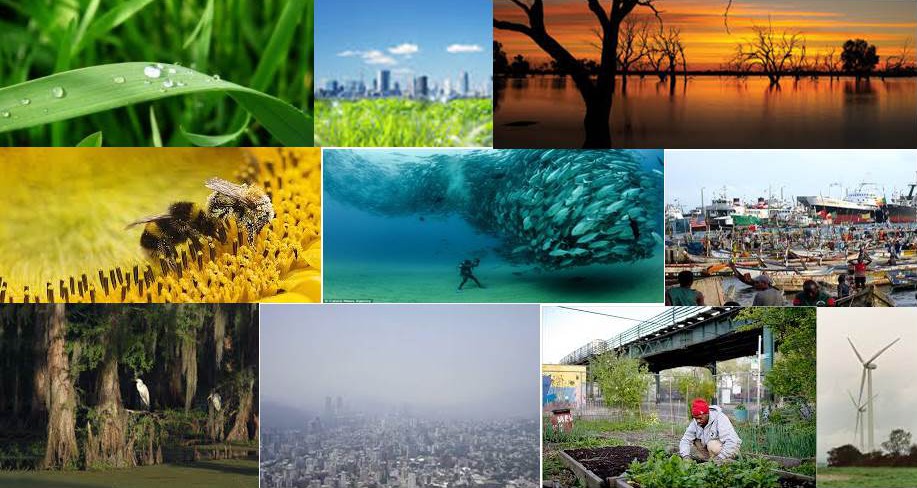1. What is your understanding of the neoclassical perspective as presented by the authors? What are the assumptions about human economic behavior?
My understanding of the neoclassical perspective as presented by the authors is that the authors believe that the markets will eventually grow themselves to a point where technology can be made to contract the environment. They believe that if they simply put a tax on carbon emissions and leave it like that the problem will simply resolve itself when the market is right and the need is greatest. They believe that if they do anything but place a carbon tax or cap and trade policy into effect it will go against their policy of “economic growth is achieved by maximizing allocative efficiency”(pg 4). Therefore all the neoclassical policymakers will do is place a carbon tax or a cap and trade policy because they believe that is the only thing that will work against climate change. The assumptions about human economic behavior in my opinion is that we will continue to consume and spend money, the world is run by supply and demand as the demand continues to grow so too must the supply grow, as well it is believed that eventually when the need is greatest humanity will find the solution.
2. What is your understanding of the neo-Keynesian perspective? How does it differ from the neoclassical perspective? What do neo-Keynesian economists view as the most important policies to address the challenges of climate change?
My understanding of the neo-Keynesian perspective is that they focus solely on the demand without a regard to the supply part. They also believed that increasing government spending will increase consumer demand. The difference between neoclassical perspective and neo-Keynesian perspective is that in neoclassical perspective they believe the market will fix itself where the neo-Keynessians believe that “economic growth is a result of business investment, government spending, and consumer spending because of the demand for goods and services it produces. The neo-Keynesian believes in the sustainability of “green businesses” and the distribution of wealth.




Revised
1. What is your understanding of the neoclassical perspective as presented by the authors? What are the assumptions about human economic behavior?
My understanding of the neoclassical perspective is that, neoclassical economists believe that government should play minimum role in the market. Their approach to climate change and reduction of GHG emissions is through Carbon Trading. They believe that if the government interferes with energy production though tough regulation, U.S will not be able to compete with other countries. Furthermore in my understanding the author said, we want to input minimum resources and output maximum. Which means that people want the cheapest product.
2. What is your understanding of the neo-Keynesian perspective? How does it differ from the neoclassical perspective? What do neo-Keynesian economists view as the most important policies to address the challenges of climate change?
Neo-Keynesian economists believe that government should play a big role in reduction of GHG emissions through Carbon Caps, Direct Regulation, and Subsidies. In the other hand neoclassical economists believe that government should play minimum role to reduce GHG emissions, which can be achieve through carbon trading. Noe-Keynesian also believes that the government should support new technologies which will make possible to produce energy with Zero or small GHG emissions. According to the author Neo-Keynesian economists support the idea that Low-carbon clear energy should be subsidy to make it affordable for the consumers and profitable for the producers.